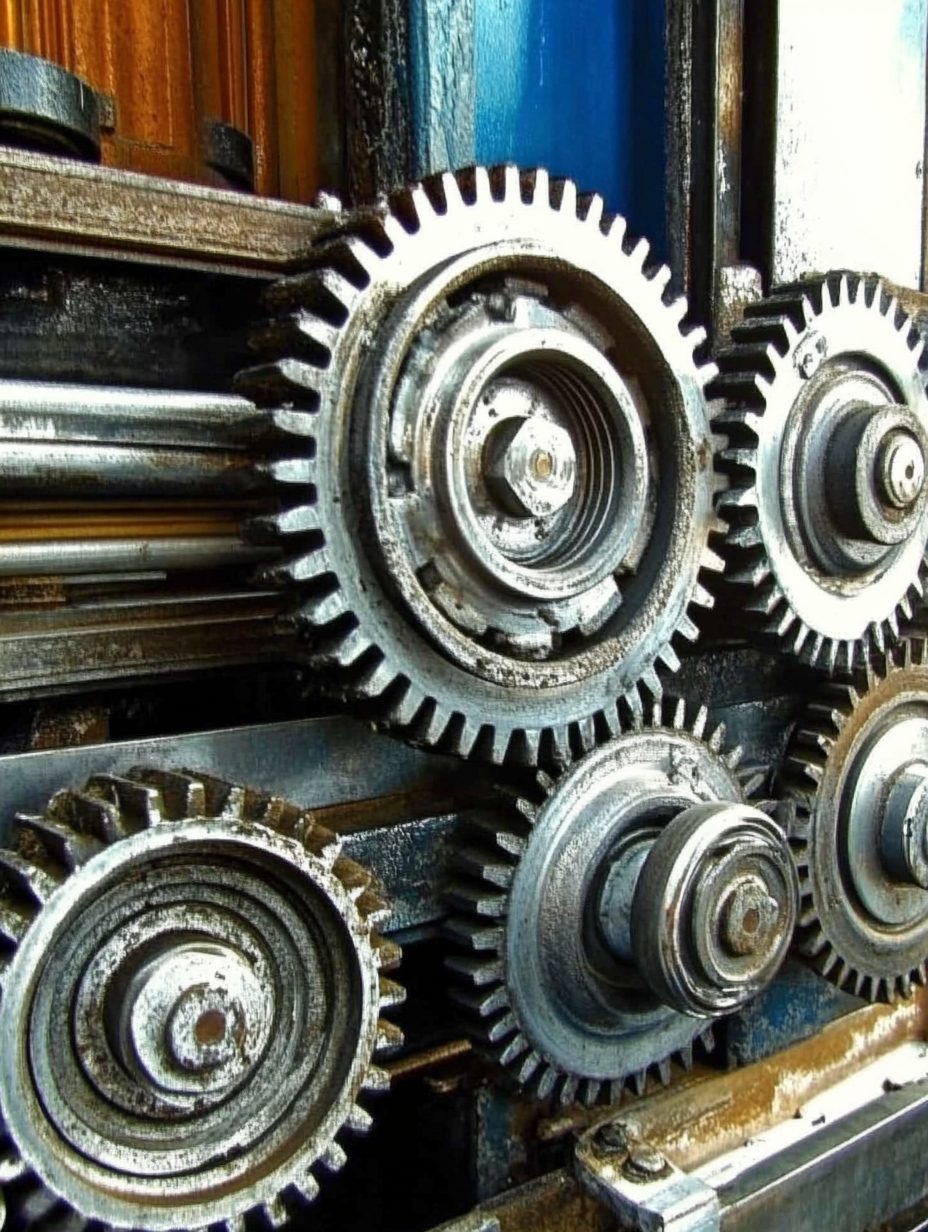All posts tagged "Emotional Intelligence"
-


Relationships
/ 3 weeks agoThe Architecture of Trust: Are You Living By Your Oldest Blueprint?
Last week, a friend didn’t text me back for six hours. Logically, I knew they were busy. They have a […]
-


Personal Growth
/ 7 months agoThe Power of Forgiveness: A Eunoia Path to Healing
Holding onto anger, resentment, or the pain of a past hurt can feel like carrying a heavy, unseen weight. It […]
-


Personal Growth
/ 9 months agoMastering Your Emotions: A Guide to Self-Regulation
Emotions are a powerful force in our lives. They can drive us to great achievements or lead us down paths […]

